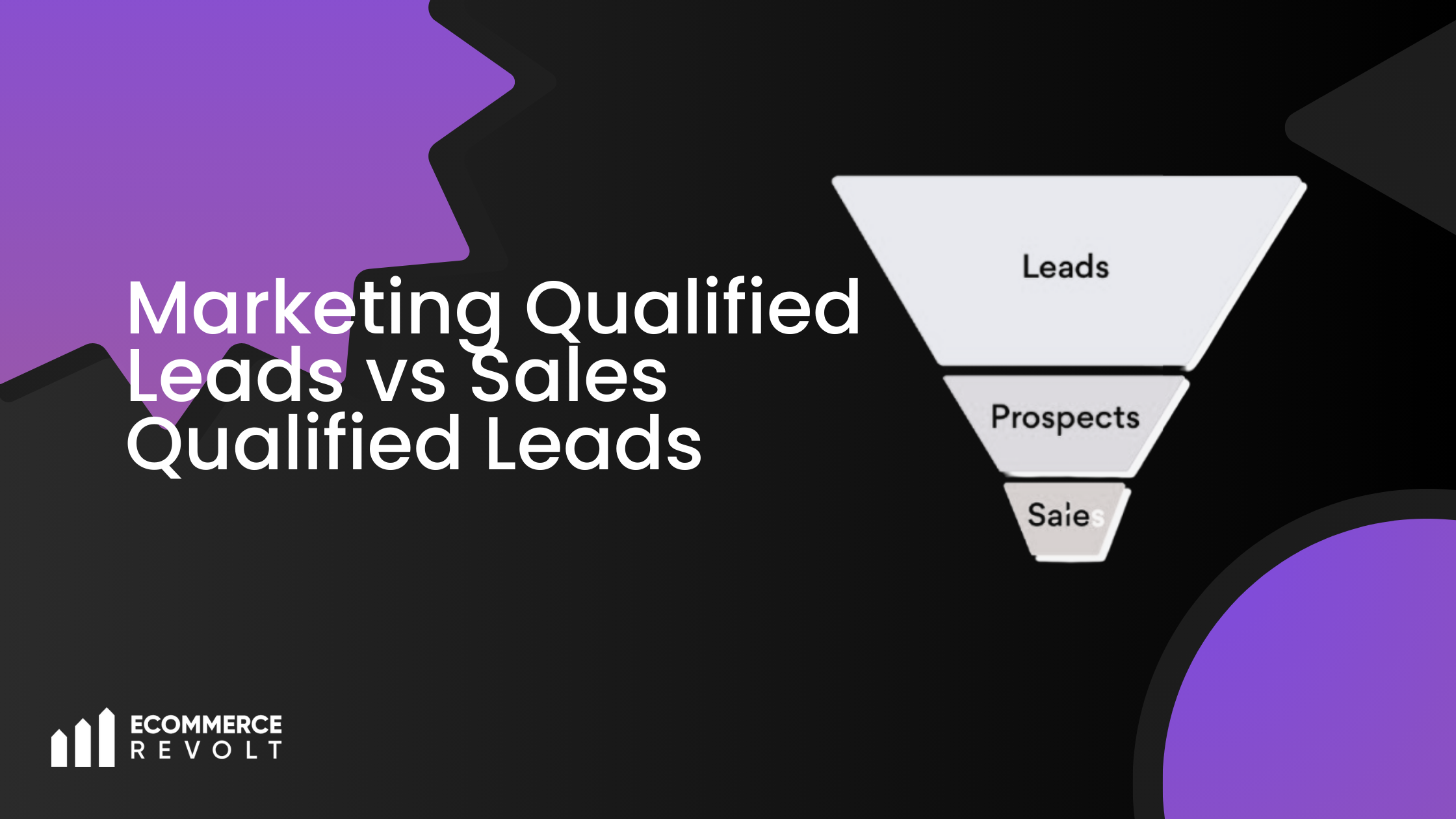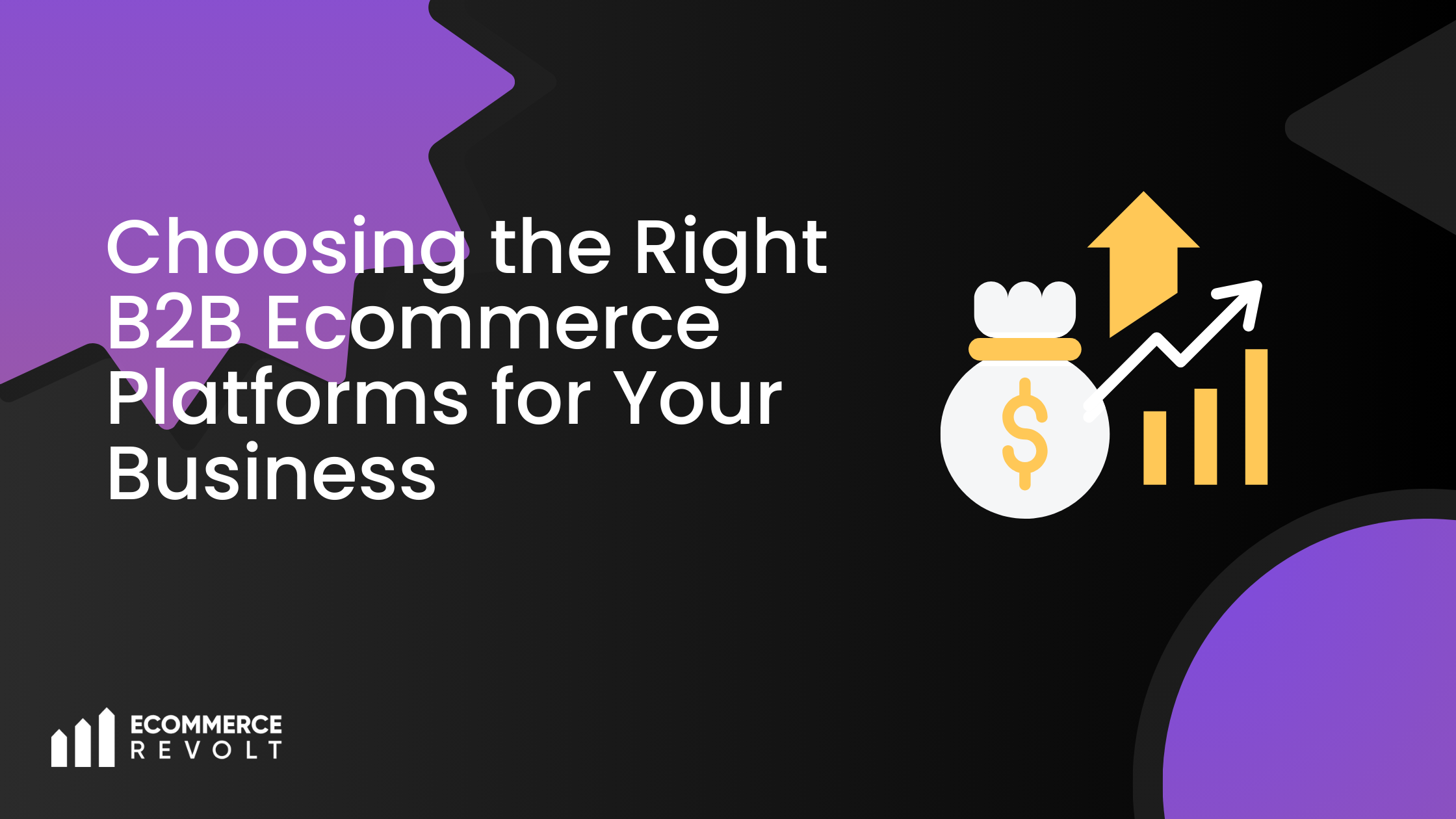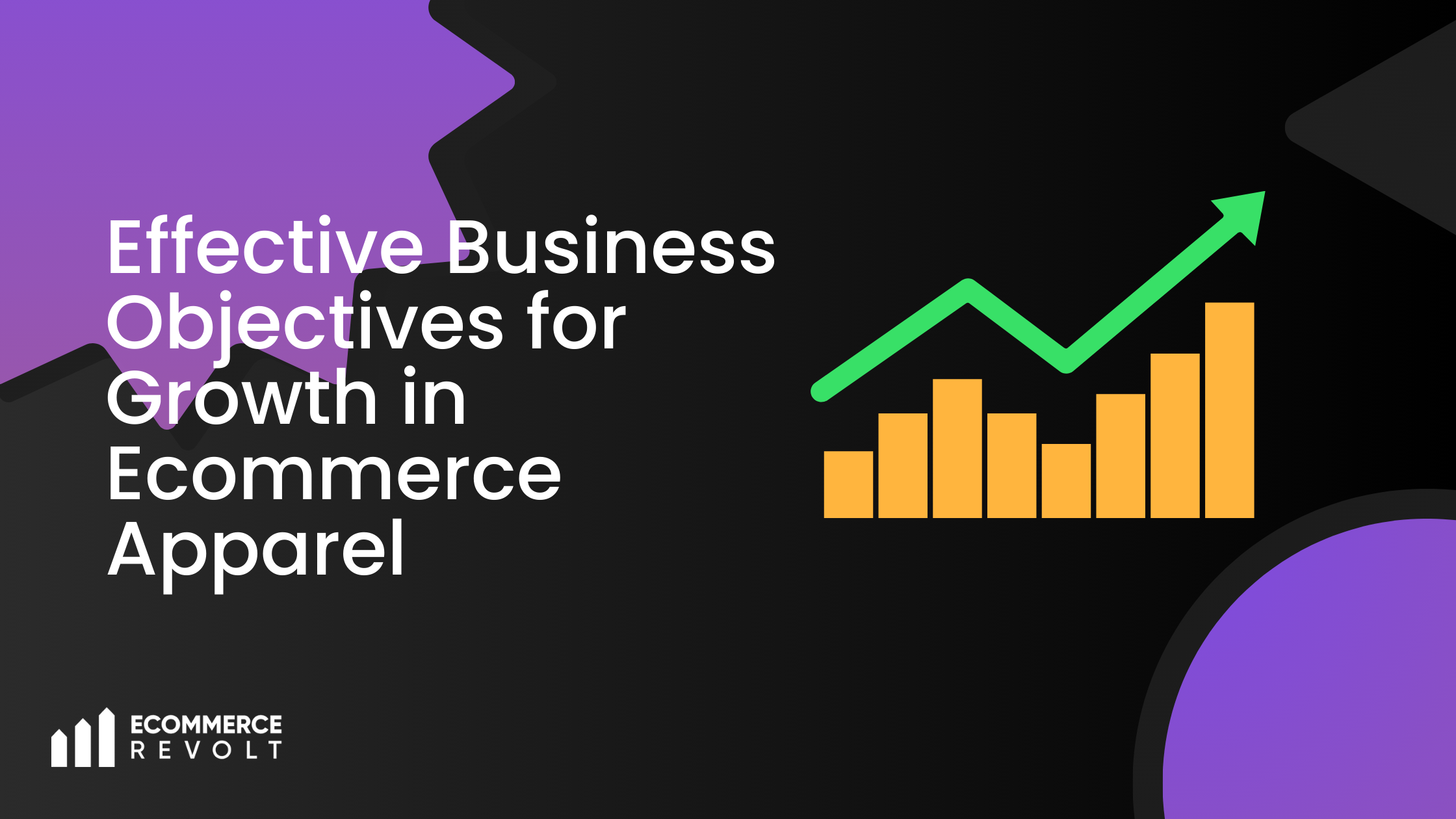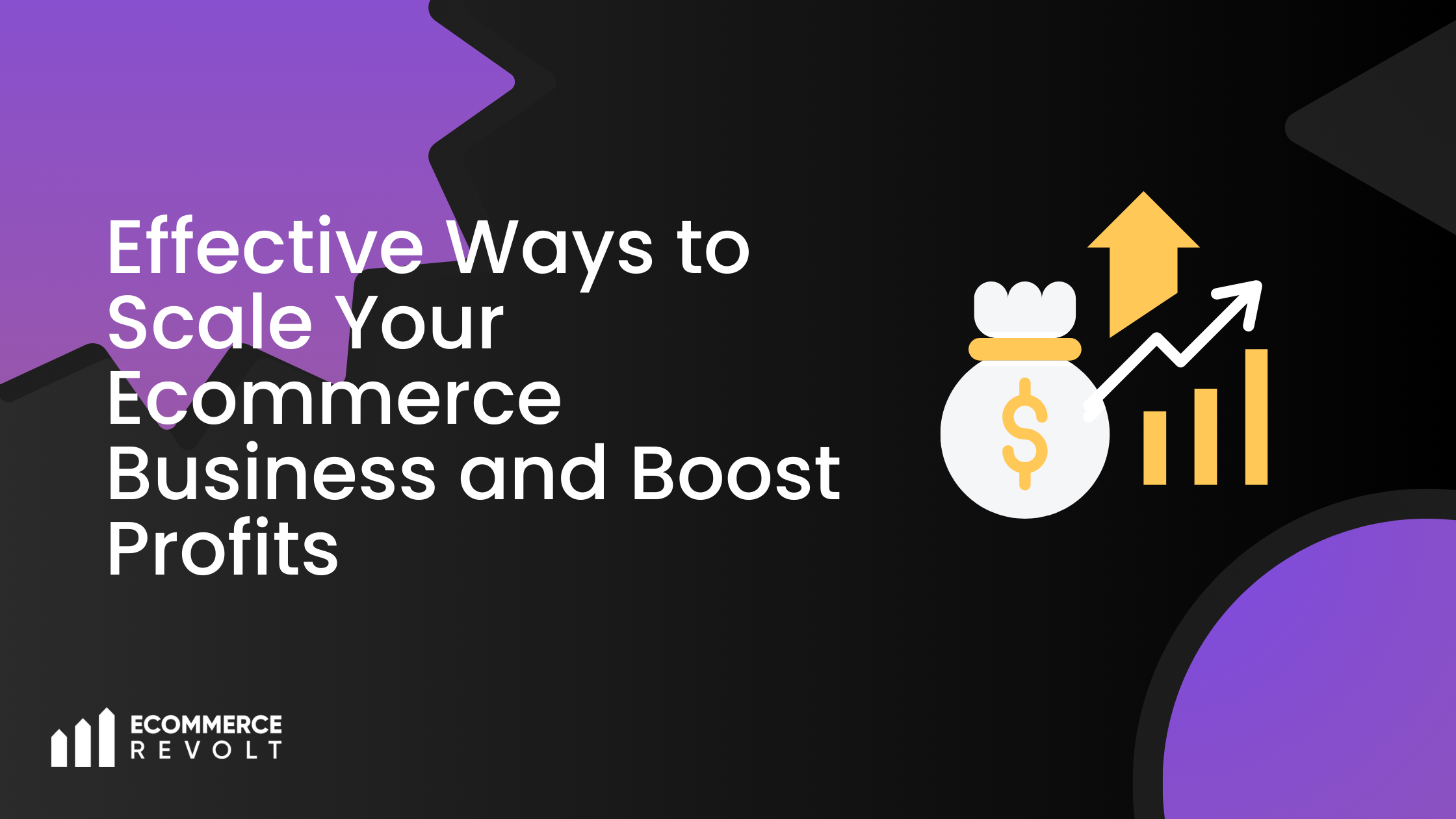Clearly, in a growing business, differentiation between lead types and of course, between MQLs and SQLs will be how the teams will treat the potential customers. It guarantees that resources are channelled towards where the proper conversion is most likely to happen. Now, let us deliberate on what makes a lead “qualified.” We’ll discuss at first, the distinct roles of the MQLs and SQLs and how businesses must generate and qualify leads.
Defining Qualified Lead
A qualified lead is a prospect who’s indicated interest and meets criteria suggesting she is likely to convert. This lead has engaged meaningfully, like downloading a resource attending a webinar, or filling out some kind of form in ways that suggest he is ready for deeper engagement. Qualified leads become qualified based on their fit with the target profile and actions indicating purchase intent, which helps teams prioritize those closer to becoming customers.
MQL and SQL
MQL and SQL are two types of qualified leads, yet they differ in readiness for purchase and the stage when a lead has contacted marketing activities.
What is a Marketing Qualified Lead (MQL)?
An MQL is the lead who has expressed interest through some marketing interactions. MQLs aren’t fully ready to buy but have potential. Examples of MQLs include whitepaper downloaders, subscribers to your newsletter, or registrants to a webinar. They have engaged at that level to create enough curiosity, but additional nurturing is usually required before they are ready to discuss sales.
How to Generate and Qualify Marketing Qualified Leads
The creation of MQLs will require specific contents that appeal and educate a prospect. Here are some of the most effective strategies below:
- Content Marketing: Writing blogs, videos, or case studies addressing an industry problem.
- Gated Resources: Publishing eBooks, white papers, or any other type of high-value content that requires contact information.
- Social Media Campaigns: Publishing webinars, infographics, and other resources to engage the followers
- Targeted Emails: Sending emails with updates and relevant resources.
You may use these criteria when qualifying MQLs:
- Engagement Level: Tend to want multiple touches of your message.
- Content-Type: Leads that engage more with rich, detailed resources such as case studies are not showing more curiosity.
- Fit with Target Audience: Is the prospect’s profile more like that of your ultimate customer?
You want to know if the MQL really cares and is indeed worthy of a few more touches
What is a Sales Qualified Lead (SQL)?
More lead in advance and indicating readiness for direct sales engagement: SQL. SQL is a buying signal, which has already asked for a demo or the price, and will probably buy soon. Either from the nurtured MQLs or high-intent action that shows immediate interest.
Qualify Sales Lead
Qualifying an SQL entails first ascertaining if they are indeed ready to buy and if they suit your product or service. Here’s how you qualify the leads for sales.
- Assess Engagement: Check activities that involve filling out a contact form, attending product webinars, or requesting consultations.
- Assess Time Urgency and Time Frame: Determine whether the lead has a time urgency or time frame that could match your sales goals.
- Confirm Budget Fit: The lead’s budget and requirements have to align with your offerings.
Those leads qualified as SQLs are now ready for direct discussions about purchasing, thus allowing the sales team to concentrate efforts on those closest to purchasing.
MQL vs. SQL: Key Differences and How They Fit into the Funnel
Now that you know the definition of an MQL and SQL, this knowledge can help to sharpen your understanding of how leads flow through marketing and into sales:
- Attract and Educate (MQLs): Efforts through blogs and social media can raise awareness and bring in fresh leads.
- Engage and Nurture (Qualifying MQLs): Once the MQLs start using their resources, they warm up.
- Qualify and Convert (SQLs): SQLs are highly engaged and now ready for direct sales outreach.
How to Measure the Success of MQL and SQL
To evaluate lead quality, it is essential to track key metrics.
- For MQL: Use Download and sign up, along with email click-through rates, as engagement metrics. Monitoring the number of MQLs that get qualified into SQL can be used as a metric in determining marketing productivity.
- For SQL: Conversion rate, deal progression, and close rates should be monitored. SQL metrics point out the efficiency of the sales team in converting prospects into customers
How to Lead Qualified Leads through the MQL-SQL Funnel
MQL SQL funnel ensures that marketing and sales come in alignment to nurture the lead from initial interest to purchase. Here are some strategies to drive the growth of both MQL and SQL, respectively:
- Content Development: Supportive resources that will engage MQLs
- Personalised Nurturing: Customized follow-up emails based on lead behaviour for higher engagement
- Lead Scoring: Rank leads on their engagement and fit to streamline the progression from MQL to SQL.
Collaborate on Criteria Marketing and sales should agree on what constitutes an MQL or SQL to reduce handoff problems.
Conclusion How MQLs and SQLs Balance for Success
A balanced sales funnel includes two types: MQLs and SQLs. The former brings leads into the fold, while the latter is ready to engage with the sales team. When both these lead types are combined in a structured funnel, what is created is a steady flow that progresses from awareness to conversion-accelerating both short-term wins and long-term growth.
But knowing Marketing Qualified Leads vs. Sales Qualified Leads and creating strategies for generating and qualifying each type ensures that you usher a smoother journey for the prospective customer and better alignment between marketing and sales. Contact Ecommerce Revolt for further guidance.








